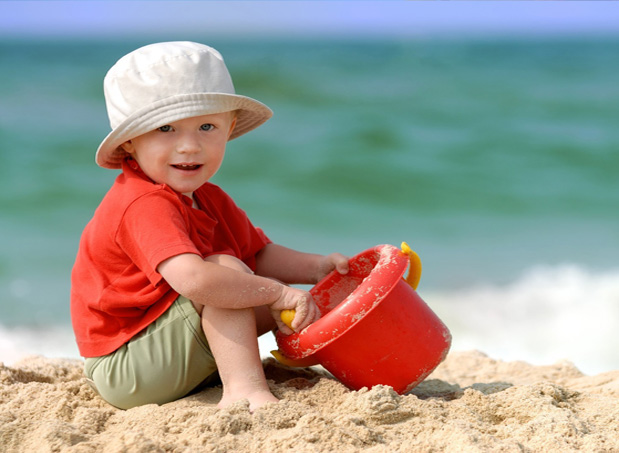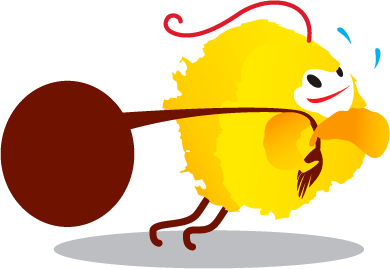News
Back to news list
Community Council: On Learning Out Of School06.05.2020
|
Issues of distance education were discussed at an intergroup meeting of the Public Council under the Commissioner for Children's Rights
On April 30, an intergroup online meeting of the Public Council under the Presidential Ombudsman for the Rights of the Child was held on the topic "Transition of the educational process to a distance format: problems and possible solutions".
Representatives of the Smart Internet Foundation (.ДЕТИ registry), which is part of the working group on information security of children, were also invited to participate in the meeting.
The meeting was also attended by teachers, school directors, representatives of the Federal Council of Fathers, experts and just parents, many of whom shared their personal experiences; they all represented different regions of the country.
The legal aspects of distance education, related economic problems and risks for the physical and psychological state of children, the organization of the distance learning process for orphans and children with disabilities, as well as the content side of the process – the problem of teacher training and content were discussed during the meeting.
Anatoly Vifleyemskiy, Director of the Center for the Economics of Education: “In fact, primary and secondary education has become paid: no distance learning platform is included in the so-called list of socially significant resources, and Internet access is paid by itself. Another formal violation – the school stopped providing children with teaching aids, which computers and other gadgets have become in the current conditions… The new coronavirus infection not only caused a pandemic, but also carried out a truly independent assessment of the quality of education in Russia and the quality of implementation of educational programs."
It is obvious that in the current circumstances all participants in the process are faced with problems: teachers are forced to adapt the program and methodology, parents - to perform the functions of a teacher, and students - to adapt to functioning in a virtual space.
Elena Lyapuntsova, Chair of the League of Higher School Teachers: "Children do not have enough personal communication, but society also participates in the educational process... In addition to the overload on teachers and children, it is important to note the colossal burden on parents: many have to do their homework until late at night, especially with children who are in elementary school - it is almost impossible for primary school students to do their homework without the participation of their parents. The situation is especially critical if the parents work".
Nevertheless, many opinions were voiced that there is no need to be afraid of distance learning, technologies in general - it is important to correctly integrate them into the usual educational process and put gadgets in the service of education, without substituting one for another.
Natalya Yakovleva, Associate Professor, Krasnoyarsk State Pedagogical University named after V.P. Astafieva: “I think we will come to a symbiosis of distance and contact education. However, it is necessary to prepare, first of all, a teacher: to the development and use of interactive content; to designing an individual learning path for a child; to teaching children media literacy and their own permanent development in the field of digital technologies.”
The common position of all specialists is that distance education should not pose a threat to the traditional form.
A standard is definitely needed for this: both for distance education and for the use of information technologies in schools, because the main danger of these innovations is the lack of uniformity.
For example, the opinion was expressed that "distance education cannot take place in the mode of 5-7 lessons of 45 minutes": “The schooling should be divided into modules for independent work within 20 minutes with the addition of a certain amount of video conferencing. It is also necessary to change the control and motivation system. ”
A resolution with proposals based on the results of the meeting will be prepared for Anna Kuznetsova, Commissioner for Children's Rights under the President of Russia.








